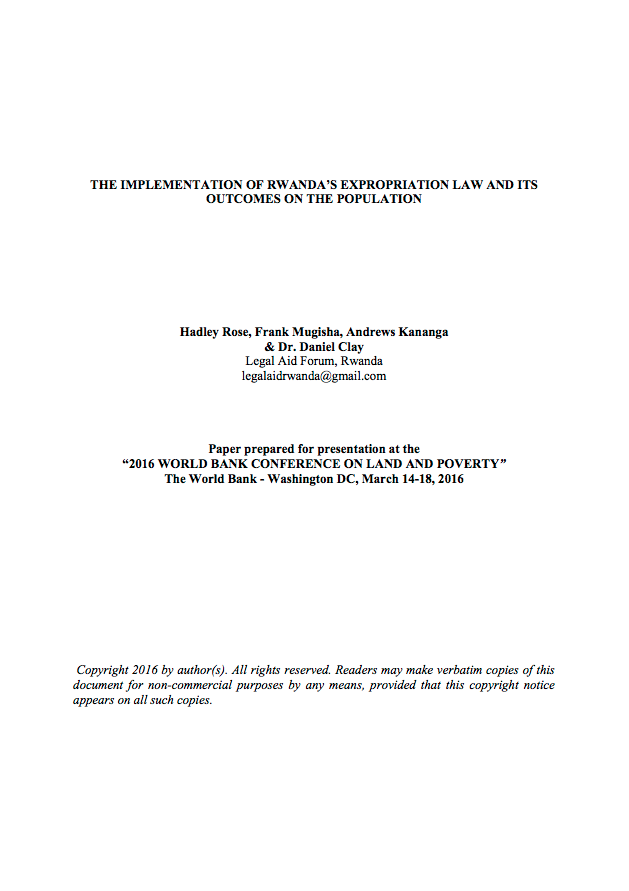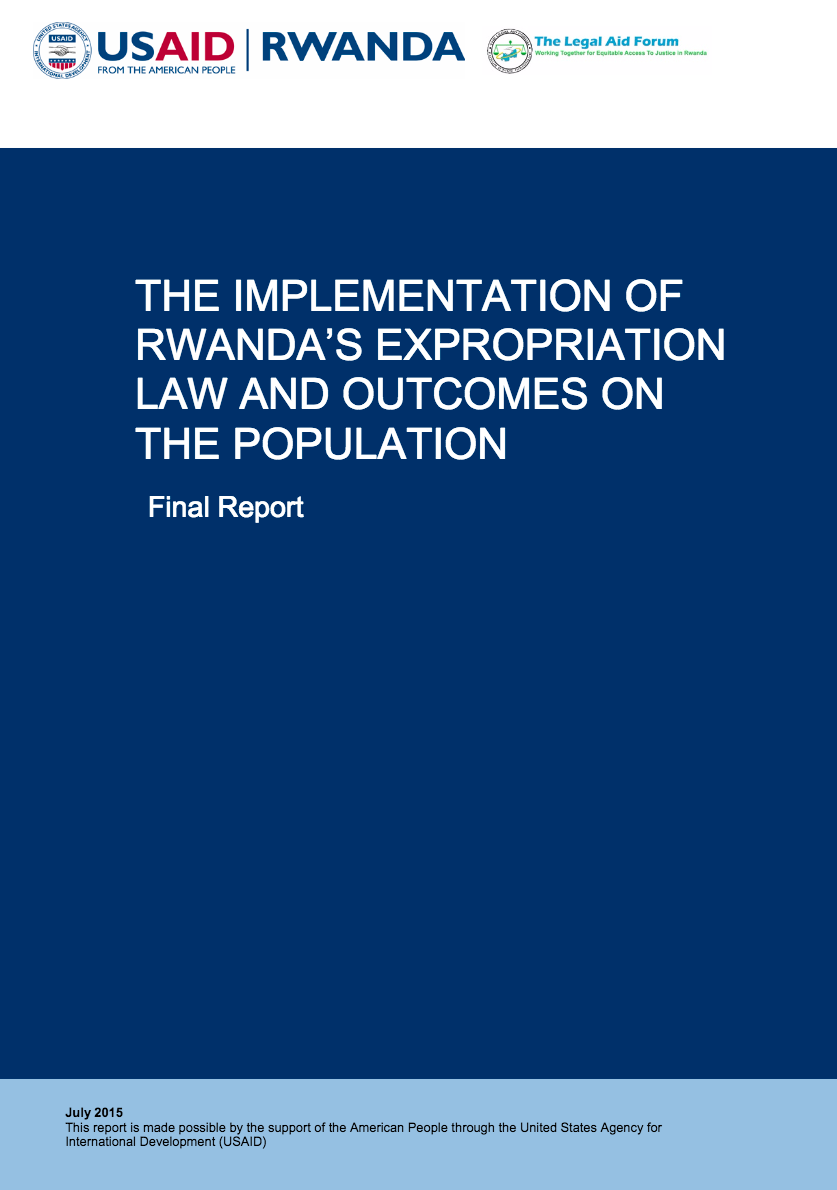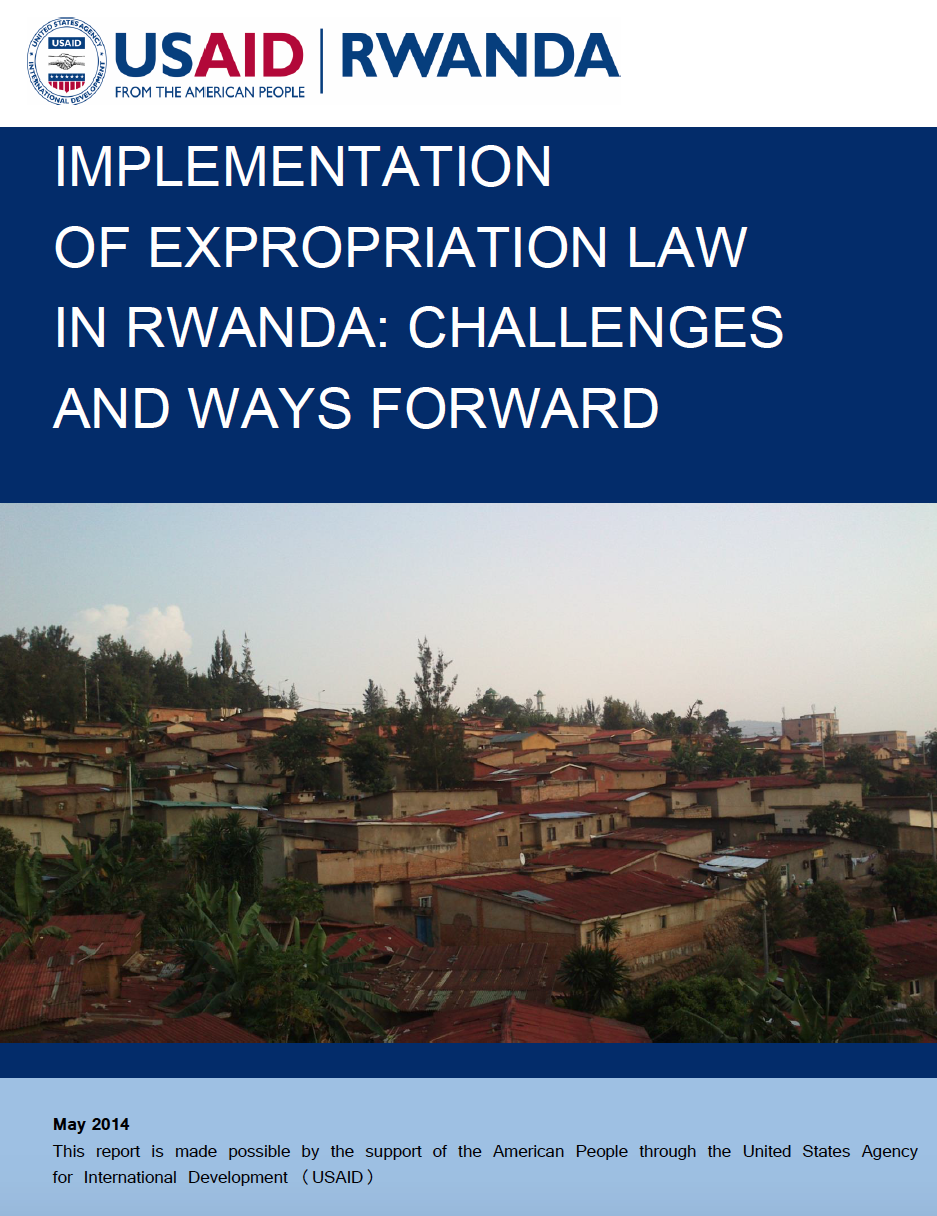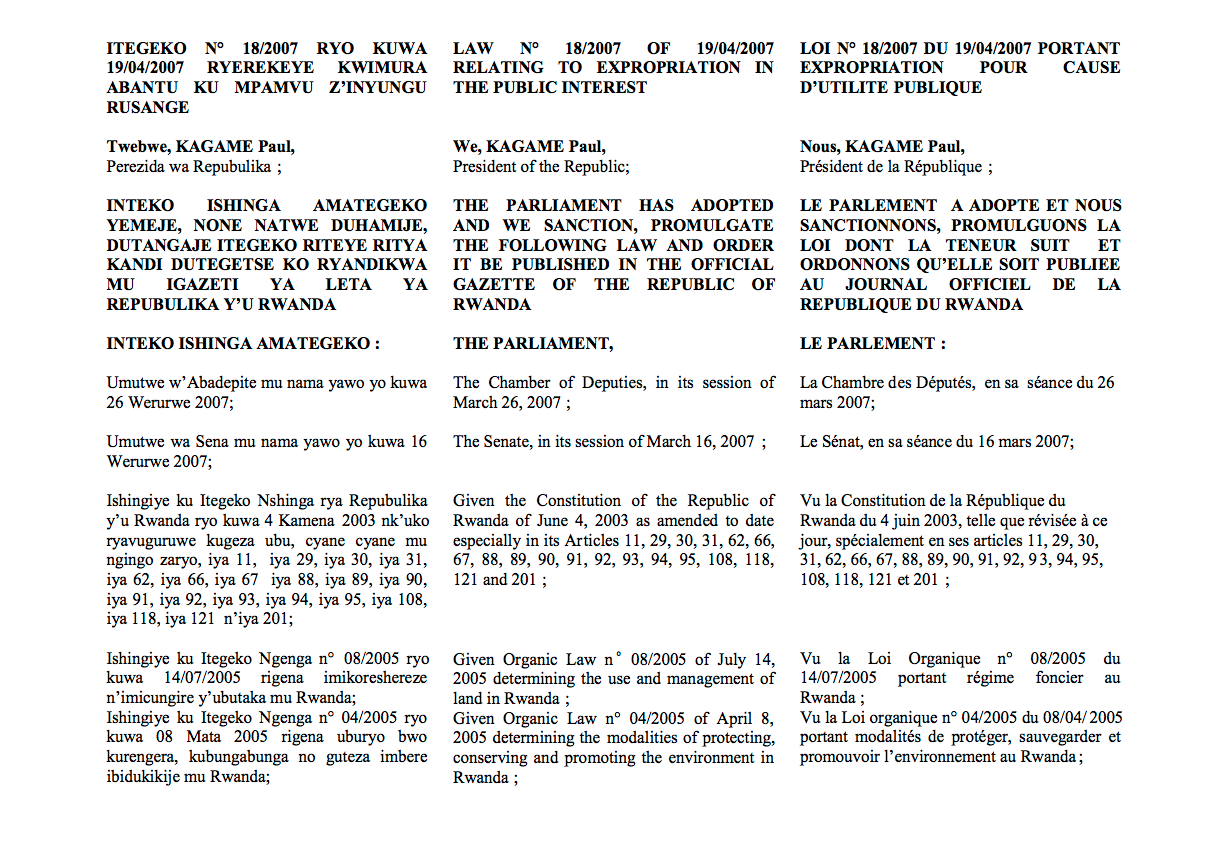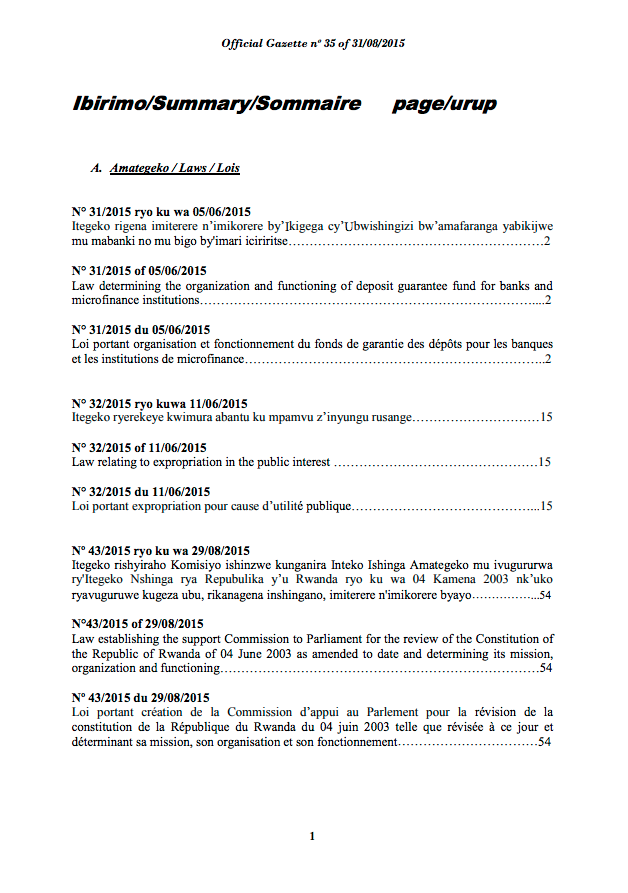Boondoogles and Expropriation : Rent-seeking and Policy Distortion when Property Rights are Insecure
Most analyses of property rights and
economic development point to the negative influence of
insecure property rights on private investment. The authors
focus instead on the largely unexamined effects of insecure
property rights on government policy choices. They identify
one significant anomaly-dramatically higher public
investment in countries with insecure property rights-and
use it to make the following broad claims about insecure



